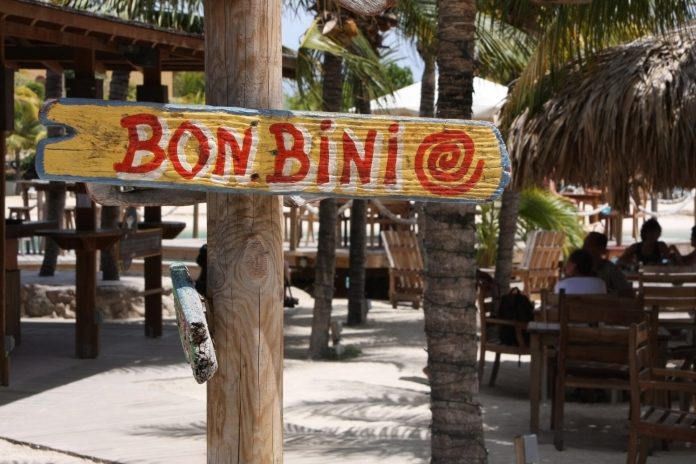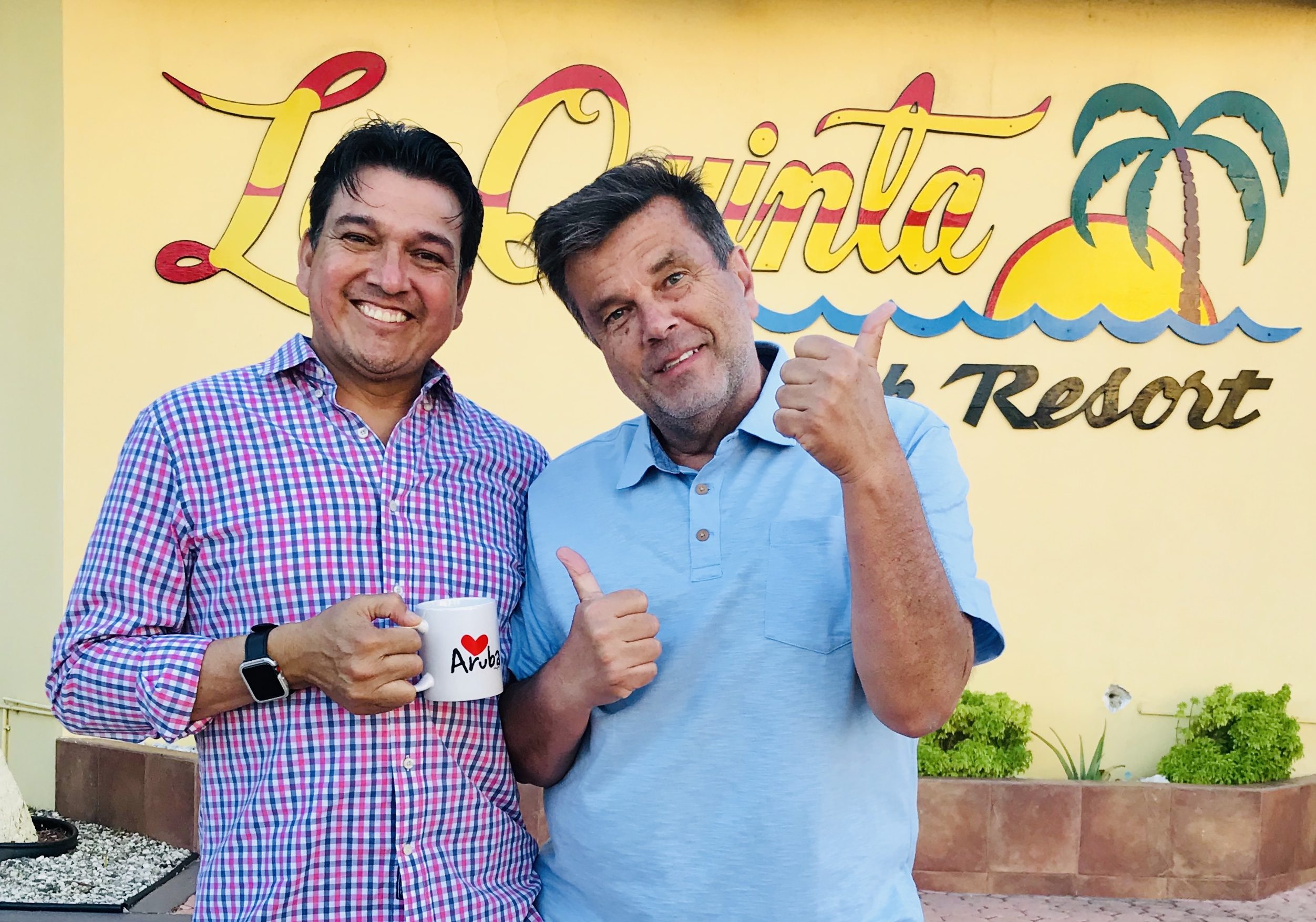(Oranjestad)—Aruba is a melting pot of different nationalities, cultures and languages. Primarily for this reason, the average Aruban can understand and speak Dutch, English and Spanish relatively well. However, as much as we pride ourselves in being able to communicate with almost everyone, we cherish our native tongue Papiamento above all else. Want to learn some common words in our language? Here are a few basic words and phrases that can get you a hat tip from an Aruban.
When you arrive at the airport in Aruba, one of the first words in Papiamento you may encounter is “Bon bini.” Bon bini in Papiamento means welcome, and is probably the most famous Papiamento word for tourists.
Hi! Bye!
To be fair, there is no unique way to say “hello” in Papiamento. At least, not officially. We often just use the English “hello” or “hey”, or Dutch “hallo” to greet someone. We do however, always follow it up with “con bay?” or “con ta?” Con bay is a shortened version of “con ta bay?”, which essentially means “how are you?”
The word “con” in Papiamento means “how?” and is pronounced with a rounder “o” sounds, like in the English word “cone”. “Ta bay” refers to how you are doing.
When we say goodbye, we use the word “ayo” (not like the Ayo Rock Formation, but also…kinda?). We may also use “te oro”, which means “see you later”.
Greetings during the day
Most, if not all, languages have different ways to greet according to the time of day, and Papiamento is no different. Since Papiamento is heavily influences from Portuguese and Spanish, some of these phrases may look very familiar.
- Bon dia is used in the morning, up to about noon. Bon dia essentially means good morning. The word “bon” means “good”, and while “dia” does not directly mean “morning” in English, it is used often to refer to the morning time.
- Bon tardi. In the afternoon to early evening hours, we use “bon tardi” to greet people, which means “good afternoon”. “Tardi” actually comes from the word “atardi”, which directly translates to “afternoon”. However, the shortened “tardi” is used to keep the rhythm on the phrase. And the same could be said for our last greeting of the day.
- Bon nochi. You guessed it, “bon nochi” means “good night”. Just like “tardi”, “nochi” is actually the shortened version of the word “anochi”.
Yes…no…maybe?
The affirmative and negative expression is very simple in Papiamento. Just like Spanish, our yeses are “si” and our no’s are “no”. Pretty easy right? If you want to gain some extra points from younger locals, you can also say “se”, which is a more casual affirmative used mostly by the younger generation. However, do note: some older generations may find this improper and not respectful, so keep that in mind.
Thanks man…
Lastly, a word that we can also say more often is “danki”, which means literally “thank you”. “Danki” is derived from the Dutch word “bedankt”. Though we don’t really have a translation for “I appreciate it” in English, we do use “masha danki” to convey the message. “Masha” means “a lot” or “very”, so “masha danki” means “thank you very much”.




















